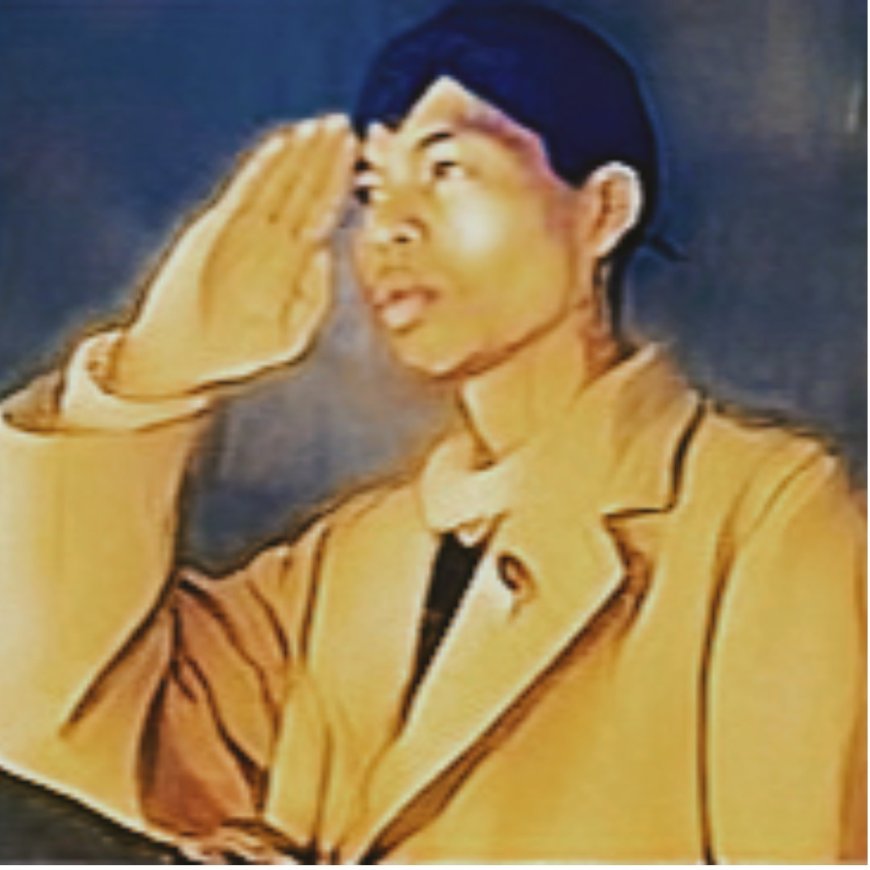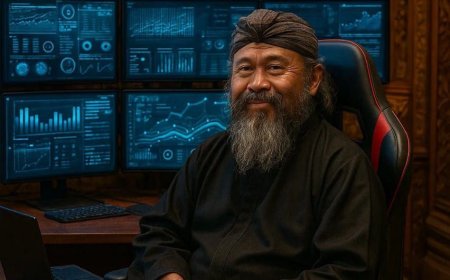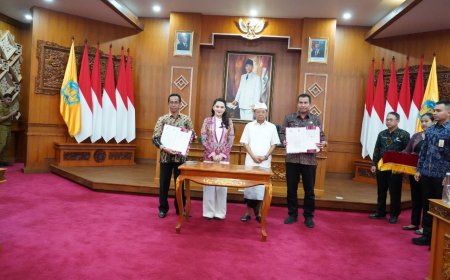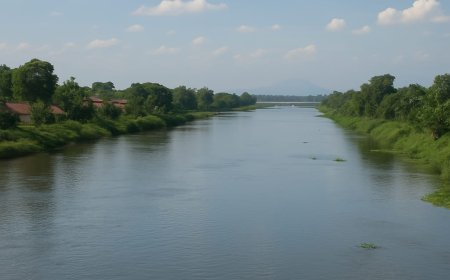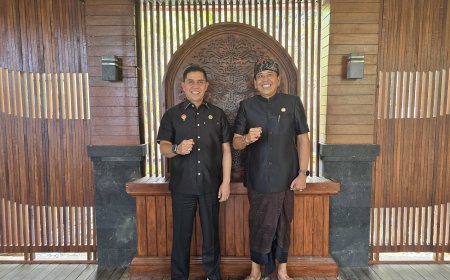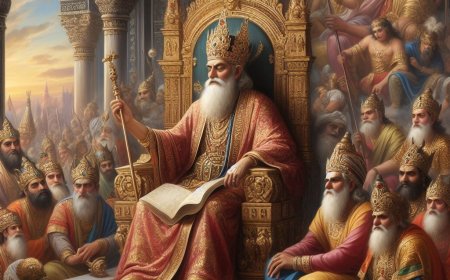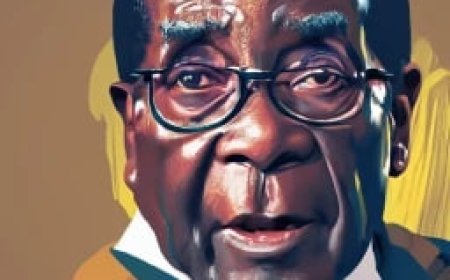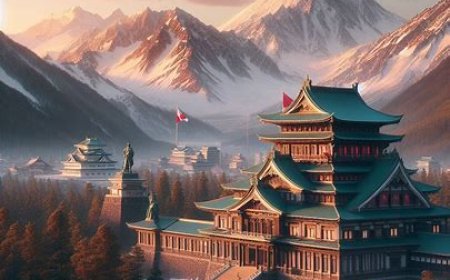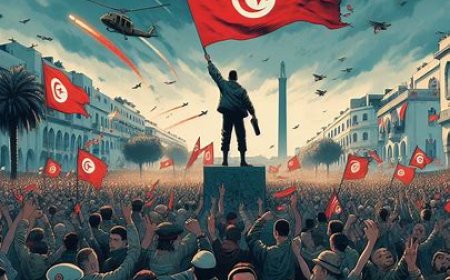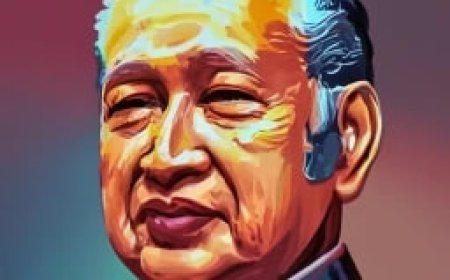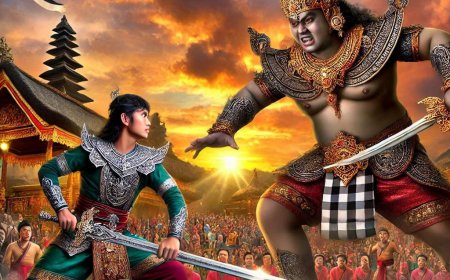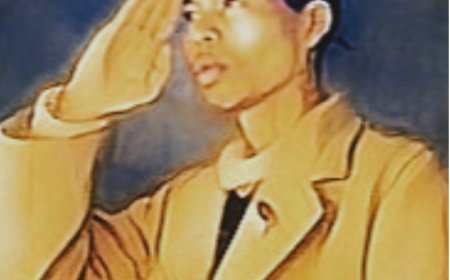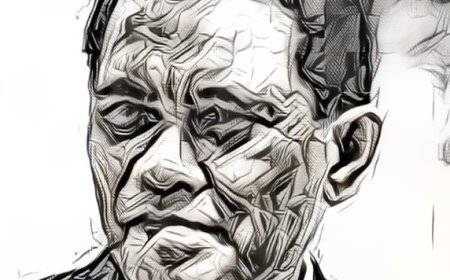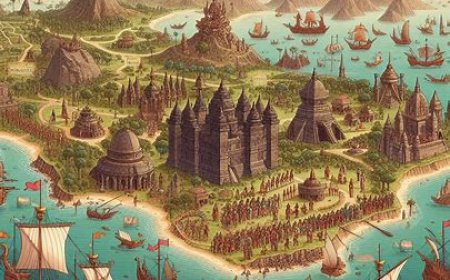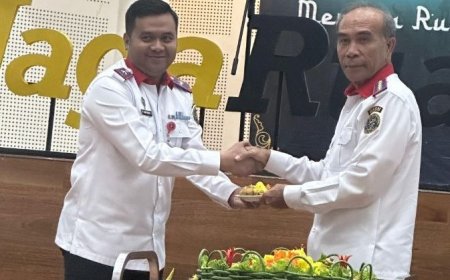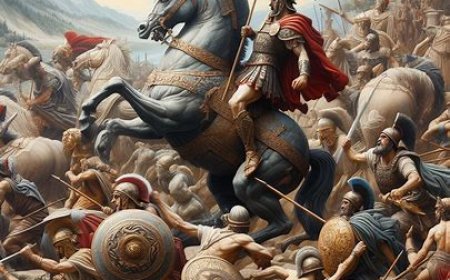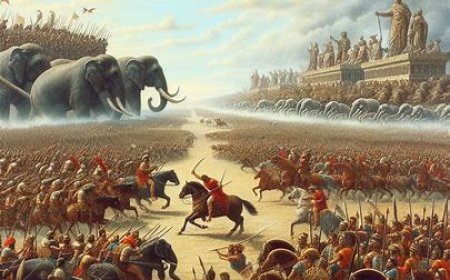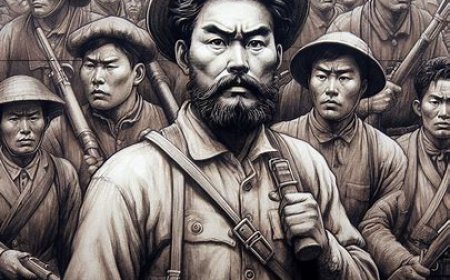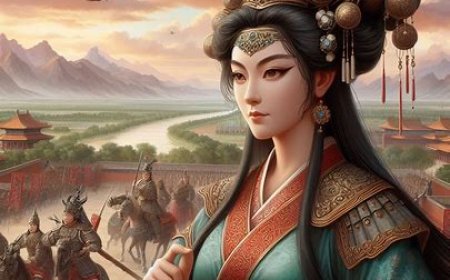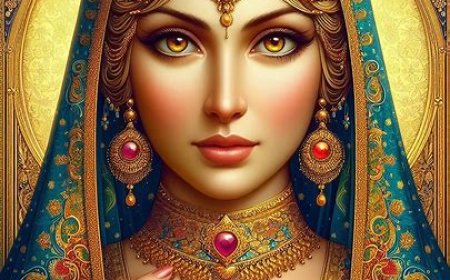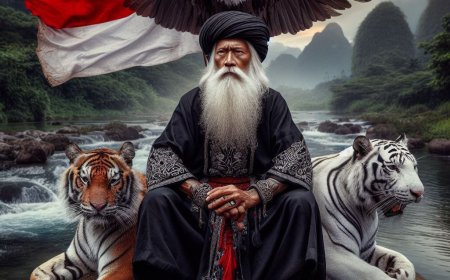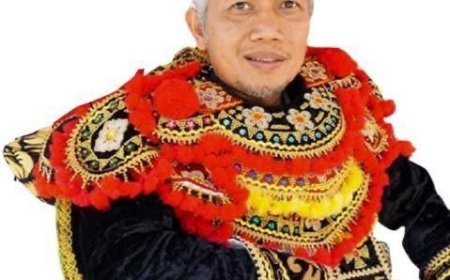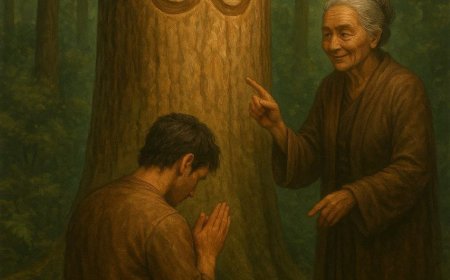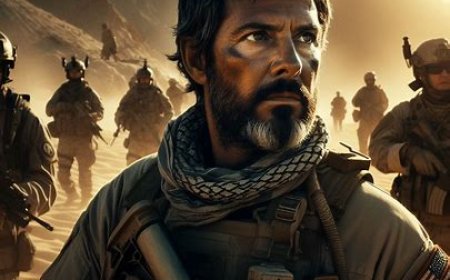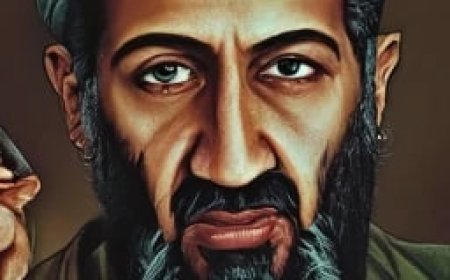Field Marshal Sudirman, born on January 24, 1916, in Purbalingga, Central Java, is a military figure and national hero of Indonesia who played a key role in leading the People's Security Army (TKR) during the Indonesian National Revolution against Dutch colonial rule. His military career began when he joined the Student Army in 1940, actively participating in the resistance against Japanese occupation during World War II.
After the Proclamation of Indonesian Independence on August 17, 1945, Sudirman was appointed as the Commander-in-Chief of TKR, later becoming the precursor to the Indonesian National Army (TNI). He played a central role in organizing and leading Indonesian forces during the Dutch Military Aggression I and II. Despite challenging conditions, limited resources, and strong enemy pressure, Sudirman developed effective guerrilla tactics, allowing his forces to engage the enemy in unpredictable battles.
Here are some key points in the chronology of General Sudirman's struggle during the Indonesian War of Independence:
1. 1940: Joining the Student Army
Sudirman began his military involvement by becoming a member of the Student Army in 1940.
2. 1942-1945: Resistance against Japanese Occupation
During the Japanese occupation, Sudirman and fellow comrades continued the resistance against unpopular Japanese policies, forming rebel groups in their areas.
3. August 17, 1945: Proclamation of Indonesian Independence
Sudirman actively participated in the Proclamation of Indonesian Independence on August 17, 1945, marking the establishment of the Republic of Indonesia.
4. 1945: Leader of the People's Security Army (TKR)
Sudirman was appointed as the Commander-in-Chief of the People's Security Army (TKR), which later became the precursor to the Indonesian National Army (TNI).
5. 1947-1949: Dutch Military Aggression I and II
Actively involved in guerrilla warfare against Dutch forces during the Dutch Military Aggression I (July 21, 1947 - August 5, 1947) and Dutch Military Aggression II (December 19, 1948 - January 5, 1949).
6. December 27, 1949: Recognition of Indonesian Sovereignty
The Netherlands officially recognized Indonesian sovereignty on December 27, 1949, marking the end of the war of independence.
Sudirman's struggle involved various stages, from resisting Japanese occupation, active involvement in guerrilla warfare against the Dutch, to participating in the formation and leadership of TKR. His leadership and dedication during the war of independence earned him respect as one of Indonesia's national heroes.
Field Marshal Sudirman is known as a figure who upheld significant values during Indonesia's struggle for independence. Some of the values identified in his thoughts and actions include:
1. Fair Leadership:
Sudirman is known as a fair and people-centric leader. He led with a focus on the people's interests, upholding justice and always striving to provide protection to citizens.
2. Resilience and Fighting Spirit:
Sudirman exuded a high fighting spirit. Amid resource limitations and challenging wartime conditions, he displayed resilience and an unwavering spirit to lead the resistance against colonization.
3. Loyalty to Ideology and Independence:
Sudirman remained loyal to the ideology of independence and the vision of a free Indonesia. His loyalty to the Republic of Indonesia and the determination to defend independence were evident in all his actions during the war.
4. Tactical and Strategic Intelligence:
As a military commander, Sudirman was known for his intelligence in designing tactical and strategic warfare. He developed effective guerrilla tactics to counter the larger and stronger Dutch forces.
5. Solidarity and Unity:
Sudirman prioritized solidarity and unity in the struggle. He understood the importance of unity in facing a stronger enemy and building a sense of togetherness among his troops.
6. Physical and Moral Courage:
Sudirman displayed courage both physically and morally. In various battles, he was not hesitant to be on the front lines, facing risks to motivate his troops.
7. Dedication and Love for the Homeland:
Sudirman demonstrated deep dedication and love for his homeland. His commitment to seeing Indonesia free from colonization made him willing to sacrifice and fight with all efforts.
8. Humility and Openness:
Despite holding a high-ranking position as a military commander, Sudirman remained humble and open. His humble attitude and ability to listen to others' opinions endeared him to his colleagues.
9. Sincerity of Heart and Humanity:
Sudirman was known for the sincerity of his heart. He not only led with military policies but also showed care and humanity towards the people and his troops.
10. Patriotism and Nationalism:
Soedirman was a figure filled with patriotism and nationalism. His love for the homeland and determination to free Indonesia from colonization made these values the primary driving force in his struggle.
The significant values held by General Sudirman not only provided a moral foundation for Indonesia's struggle for independence but also permeated the national consciousness, creating a basis for the formation of the nation's character and identity.
Soedirman's passing on January 29, 1950, in Magelang, Central Java, left behind a legacy of profound courage and dedication. His thoughts and actions have positioned Soedirman as one of the most respected national heroes in Indonesia. The National Monument (Monas) in Jakarta features a magnificent statue of Soedirman as a tribute to his contributions, while several educational institutions and military installations in Indonesia are also named in his honor as a sign of appreciation for the significant contributions made during a crucial period in Indonesian history.
